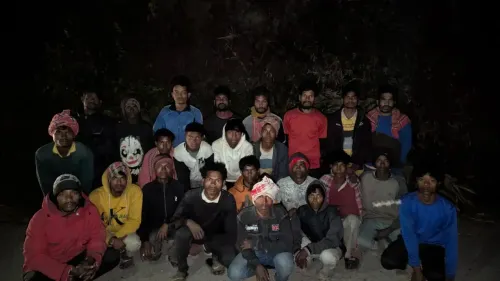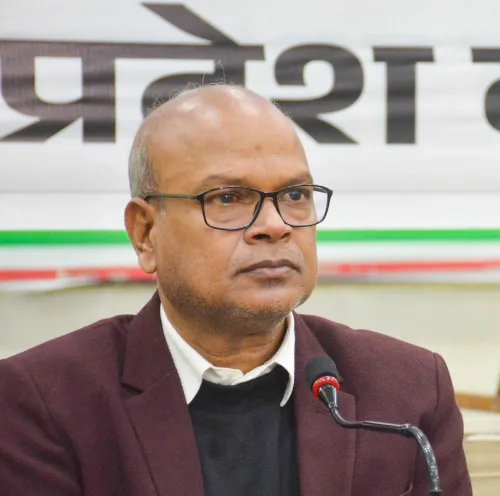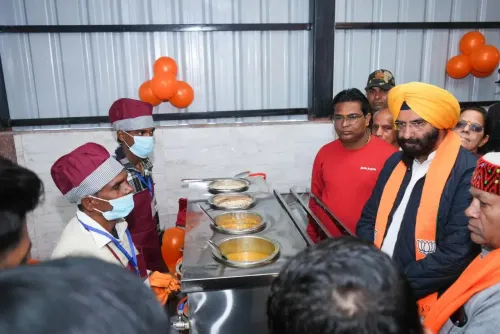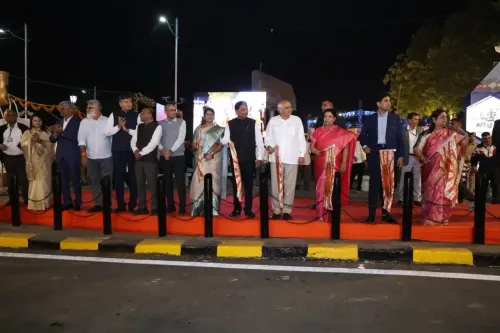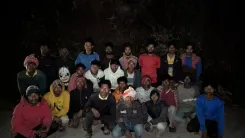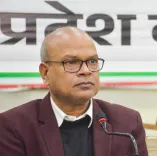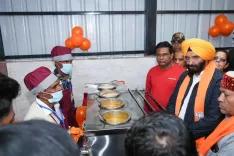Will ECI Enhance Scrutiny for Political Party Status Applications?
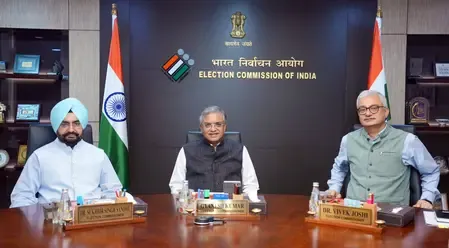
Synopsis
Key Takeaways
- ECI is enhancing scrutiny of political party registrations.
- At least 20 affidavits will be verified for each application.
- The move aims to eliminate dubious applicants.
- Over 4,719 all-party meetings have been conducted recently.
- Delisting of non-functional parties is ongoing.
New Delhi, Sep 9 (NationPress) The Election Commission of India (ECI) announced on Tuesday its decision to enhance the scrutiny process for those applying to register their organizations as political parties. An official disclosed that the ECI has issued directives to conduct a more rigorous verification of the backgrounds of the founding members.
In an effort to eliminate questionable candidates and ensure that only legitimate applicants are considered for registration, the ECI has mandated that at least 20 randomly selected individual affidavits from the founding members undergo verification.
As these members may represent various districts or states, the Chief Electoral Officers (CEOs) will carry out these verifications with the assistance of the respective District Election Officers (DEOs).
This initiative is part of the ECI's ongoing efforts to purify the electoral system by removing non-existent or non-functional Registered Unrecognised Political Parties (RUPPs).
“To guarantee thorough verification of applicants seeking to register their associations as political parties under Section 29A, the ECI has instructed an intensified examination of the founding members at the registration stage,” the statement elaborated.
In India, political parties, whether national, state, or RUPPs, must register with the ECI according to the stipulations of Section 29A of the Representation of the People Act 1951.
As part of the delisting process for non-existent or non-functional RUPPs, the ECI had already removed 334 RUPPs by August 9, reducing the total number from 2,854 to 2,520.
In a subsequent round of evaluations in August 2025, the ECI identified an additional 476 RUPPs and instructed the CEOs of states and union territories to conduct thorough verification checks on these political entities.
Earlier that day, the ECI engaged in discussions with a delegation from the Naam Tamilar Katchi (NTK), led by its representative K. Senthilkumar, as part of its continuous consultations with political organizations aimed at improving the electoral landscape.
Chief Election Commissioner Gyanesh Kumar, along with fellow Election Commissioners Sukhbir Singh Sandhu and Vivek Joshi, welcomed the delegation at Nirvachan Sadan in the national capital, which allowed the party to express its suggestions and concerns to the Commission.
The ECI emphasized that such engagements illustrate its broader aim of promoting constructive dialogue with all stakeholders, in accordance with the prevailing legal framework.
Over the last several months, the Commission has been conducting similar consultations with leaders and senior representatives of various national and state parties. According to data provided by the electoral body, more than 4,719 all-party meetings have taken place across the nation in the past six months.


